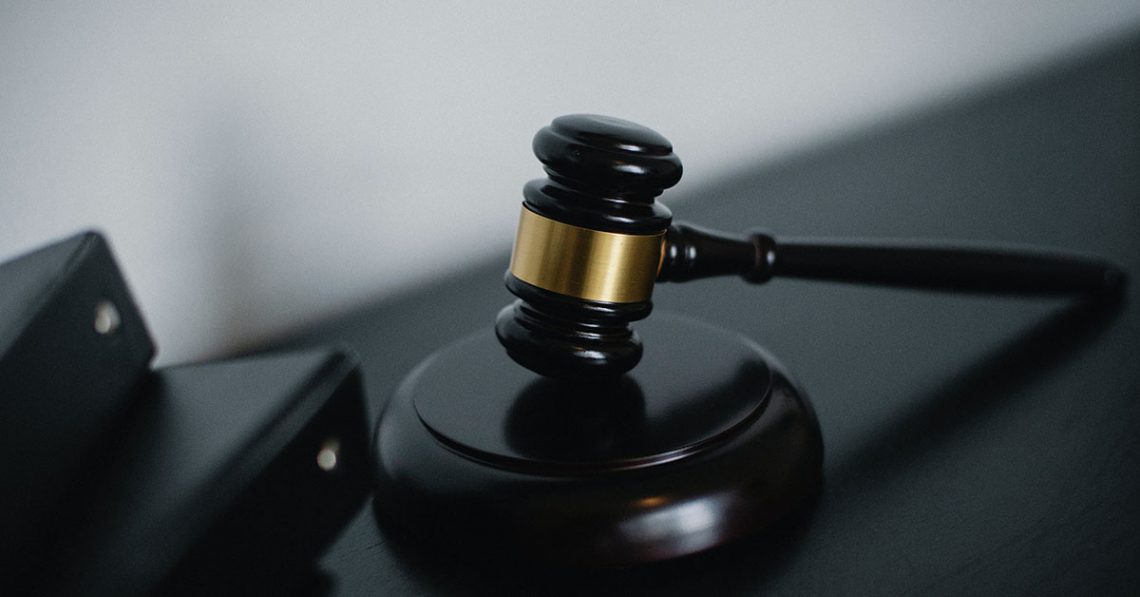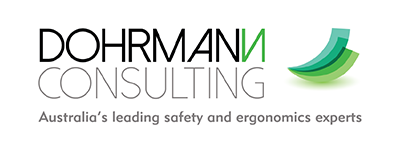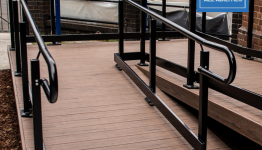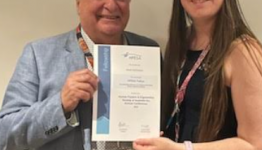
12 May, 2021

Expert witnesses play an important role in assisting the Court in understanding the evidence or facts in a case. They are often engaged by solicitors to provide independent and impartial opinion based on factual information, in relation to matters within their expertise, on questions the Court considers are beyond the scope of an “ordinary person” to give an opinion. The expert’s duty is strictly to the Court.
Selecting, briefing and using an expert witness is a central part of managing a client’s claim. Here are our top tips on how to effectively engage and use expert witnesses.
1. Selecting the right expert
- Identify the type of expertise you need: This means isolation of the issues where a liability opinion is sought. For example, if your matter involves a slip incident on an escalator, don’t assume that you need an industry expert (e.g. a travelator designer), as opposed to an expert in the actual liability issues (e.g. slip resistance assessment of pedestrian surfaces).
- Recognised and reliable specialised knowledge: Carefully appraise any prospective expert’s suitability for your case. Many great experts are not highly qualified academics, but people with practical experience and knowledge gained from investigating similar situations.
- Qualified and relevant experience: Look for experts who have a solid, relevant professional background and the experience to give an assurance of competence. Understand that different professions bring different “cognitive maps” to the legal process. A doctor’s understanding of causation may differ greatly from an engineer’s, an accountant’s or a lawyer’s.
- Conflict of interest: Before proceeding with an expert or preparing a detailed letter of instruction, it is important to confirm whether the expert has a conflict of interest that could affect their ability to provide an opinion in a matter. For example, a conflict of interest could be where an expert engaged by the Plaintiff may have been retained in the past by a Defendant. Disclosure of names of all parties involved in the matter including the client and third parties to the expert from the outset will help avoid conflicts of interest arising.
2. When to engage an expert
- Appoint an expert as early as possible: It is strongly advised to engage an expert witness as early as possible. An initial telephone discussion is often useful to discuss the circumstances, the likely issues, and what exact expertise is needed before committing to the expense of engagement. Please don’t leave appointing an expert until just before mediation or trial. This may not provide the expert with enough time to deliver a thorough and robust report and tight timeframes will most likely incur a higher fee.
- Check Expert availability: Experienced experts are highly sought after and may be working on several reports at any given time. Engage a prospective expert in the early stage of proceedings to ensure your desired expert is available. If a hearing date has already been confirmed, you will also need to ensure the expert is able to complete the report in the timeframe and be available for cross-examination.
3. Expert witness Code of Conduct
- Code of Conduct: Both experts and solicitors must ensure they fully understand the Expert Witness Code of Conduct and all of its overarching obligations and requirements. Solicitors must formally ask the expert to acknowledge and comply with the appropriate code of conduct for the relevant jurisdiction.
- Terms of engagement:
- Experts should provide written confirmation of terms of engagement which maintains their independence and paramount duty to the Court, and does not disadvantage clients in any way. Any contingent fee arrangements are guaranteed to be robustly attacked.
- Ensure all key communications are transparent and in writing. The expert also needs to understand this, and the basics of what is, and what is not privileged.
- Ensure that the expert demonstrates how the specialised knowledge gained from their study, experience and training applies to the issues and their opinion.
4. Letter of instruction and briefing
- A letter of instruction (LOI): is usually the first formal briefing document that is provided to an expert in order to engage their opinion in a matter. A clear LOI should provide a summary of the circumstances of the case in the form of assumed facts, isolates the issues and sets out the questions for the expert. To avoid any unnecessary delays, ensure key deadlines are communicated in the LOI, including when the report is required, the hearing dates and when the expert may be required to give evidence.
- Consult with the expert before sending LOI: It is highly recommended that solicitors speak with the expert before sending the formal letter of instruction. This will provide an opportunity for the expert to review the draft letter and address any questions of concern with proposed questions, technical focus and wording, to avoid any later issues.
- Briefing materials: Send the expert the minimum amount of material needed. This avoids the risks of the expert judging the facts, obligatory disclosure, or straying. Negotiate in plenty of time what further information, client access or inspection the expert may need, and why.
5. Site Inspections
- Site inspections are not always necessary: not every matter requires a view to support an opinion. Good quality briefing material, well-structured interviews, and thorough research by experts can often produce a robust report to help with claim management, negotiations, and mediation. Clear photos, videos and/or diagrams are inevitably very helpful. It remains wise, however, to plan for a view before any court attendance to ensure evidentiary integrity.
- Matters that require a site inspection: For matters that do require a view, plaintiff lawyers should be tough and thorough in arranging site inspections (dates, access, photos, personal protective equipment requirements, etc), and look after your expert. Make sure your expert is accompanied.
6. The expert report
- Check that the expert understands and can deliver a service-ready standard of report, with all necessary material properly laid out. Much work and heartache can be avoided.
- Obtain the report in plenty of time to work over it, talk with the expert, and refine issues, as necessary. Solicitors must be careful that they do not influence the opinion of the expert when discussing draft reports.
- Expect your expert will be open to critical review by you and of updating reports as appropriate (and transparently, with a unique document identifier). All versions of reports are usually (but not always) discoverable, and the reasons for changes need to be justifiable.
- Use your expert to assist in responding to your opponent’s expert report. Beware your expert “playing the man”.
7. Preparation for court
- Expert report and materials: Put the expert report before counsel and, prior to trial, ensure that the expert’s and counsel’s mutual expectations and understanding of the case are clear and free of surprises. Triple check that all necessary material has been served, exchanged or is in the right hands, with all parties identified.
- Prepare the expert for trial: Solicitors should advise experts on what material to prepare and bring along, court protocols, examination and cross examination.
- Discrediting of experts: Solicitors may wish to brief the expert on standard methods used to discredit the expert or have evidence disallowed (e.g. relevance, opinions outside their expertise, being partisan in some way, not giving an adequate basis or demonstration of procedure, intrusion on ultimate issues, alleging that no “specialised knowledge” exists to support the opinion, non-compliance with expert code, etc).
8. Expert conclaves
- An expert conclave is a meeting held between experts (of similar discipline) when several expert opinions are engaged by the same party. Lawyers are not permitted to be involved and the aim of such a meeting is to try and resolve any issues between the various experts before the hearing, and produce a coherent joint report with a reduced number of matters in contention. To ensure their success, conclaves require careful planning and preparation and may be facilitated by an independent moderator.
- Preparation: includes negotiation between parties of the questions to be put to the joint experts, and should be completed in time for your expert to consider them carefully.
- Questions: You should discuss in advance the questions proposed to be put to the Conclave participants. Otherwise, ambiguities may prevent some questions from being answered at all, or properly.
You may also be interested in the following information and resources:








